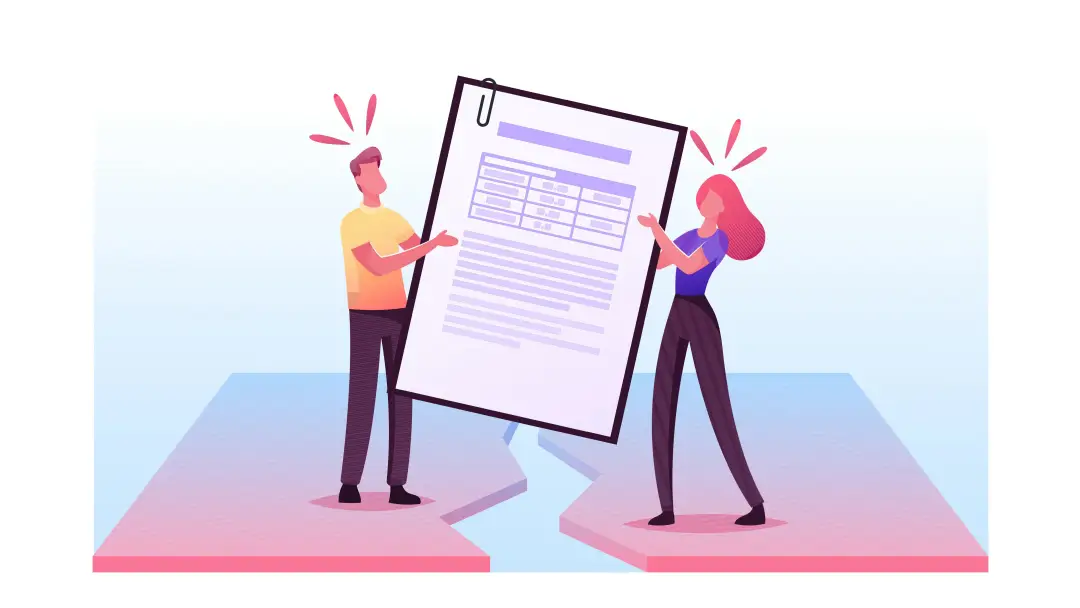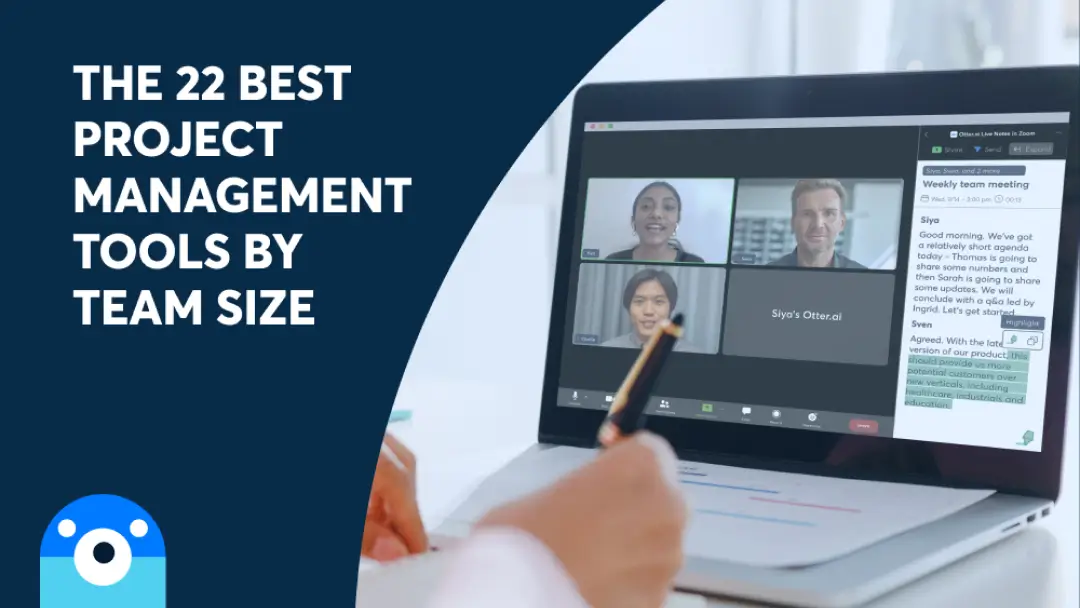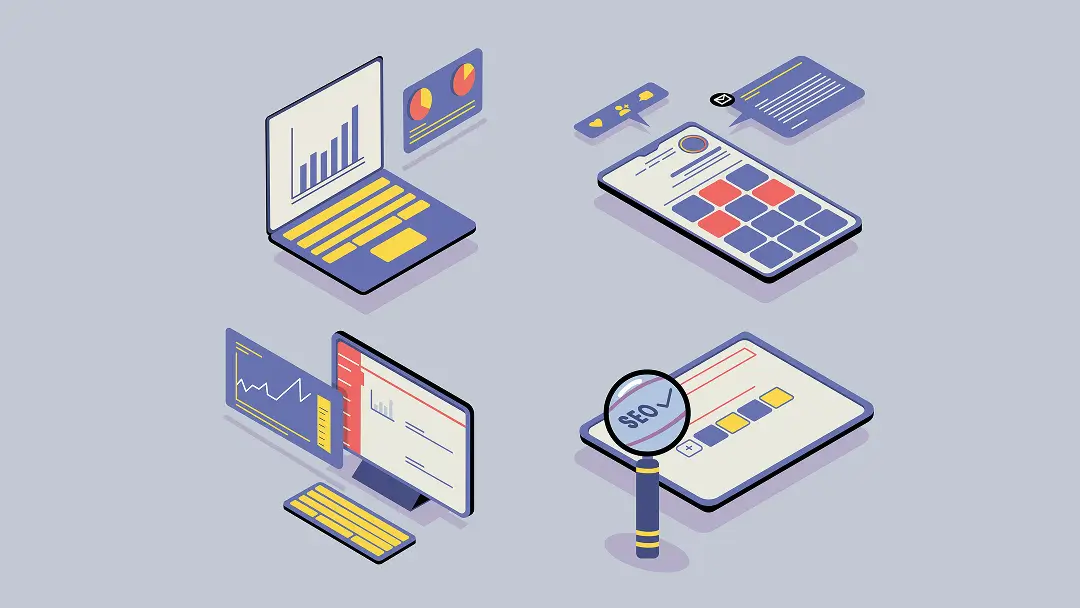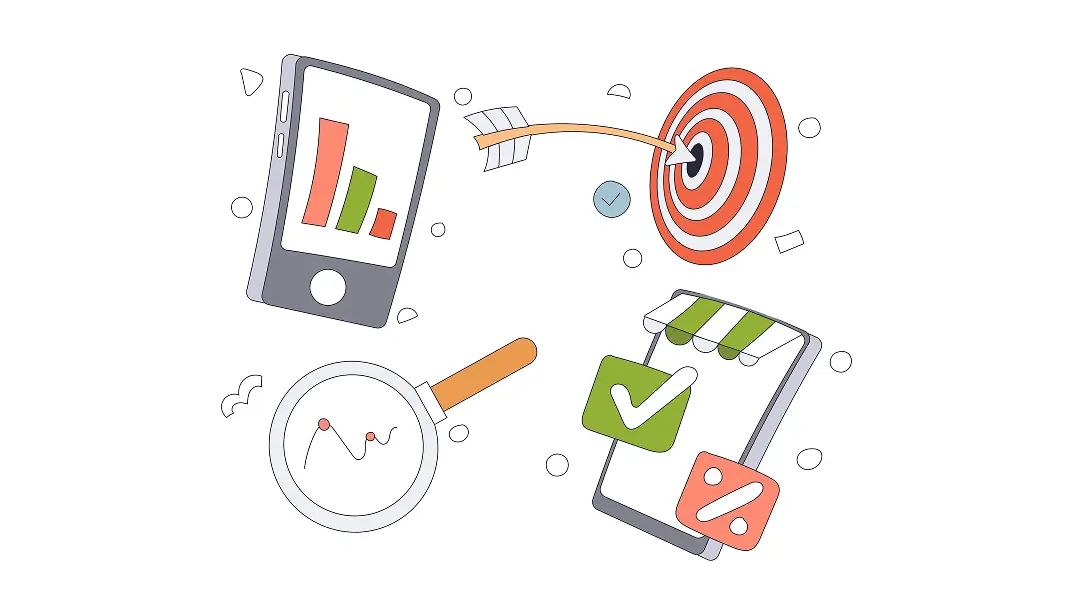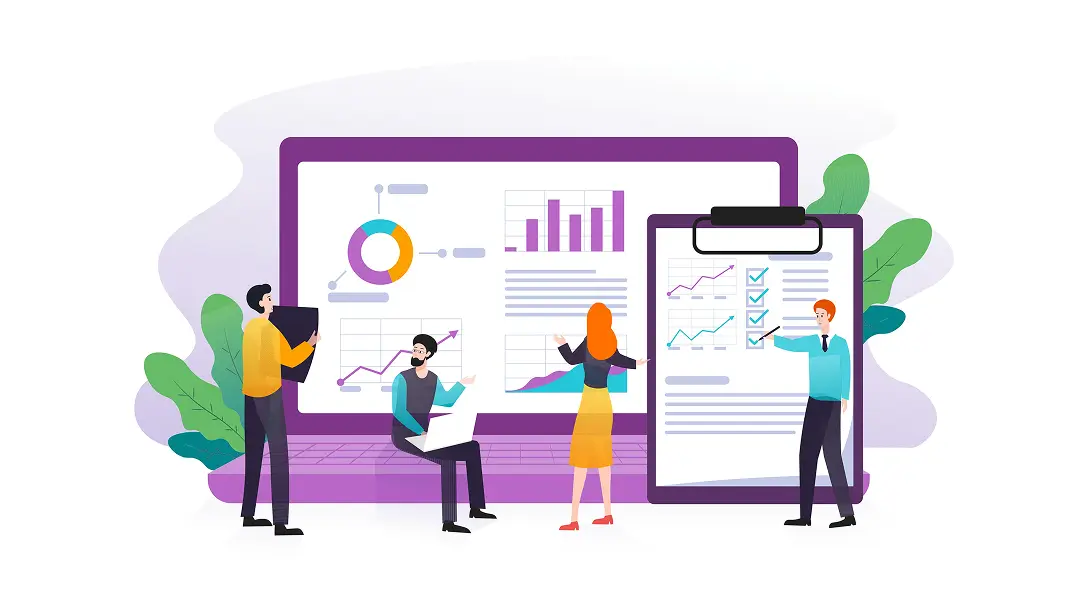AI for Project Management: The Future of Efficiency
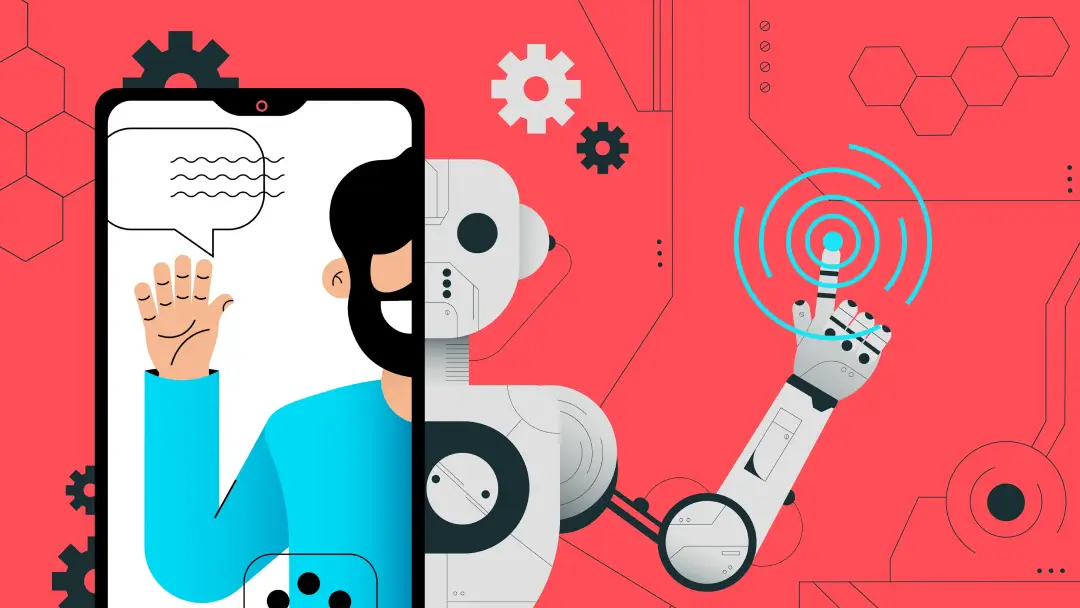
Successful project managers have their eyes and ears everywhere at once. But with so many tasks to juggle — from building out a budget to checking deadlines and liaising between their team and the client — it’s easy to drop the ball.
Even with the best systems in place, small oversights snowball into major roadblocks. This is where AI can help. By automating routine tasks, tracking progress, and streamlining communication, AI project management tools protect your bandwidth. They handle the repetitive, time-consuming details so teams can focus on strategy and decision-making.
Here’s how using AI for project management can transform your team, including challenges to consider before settling on new software.
5 ways to use AI for project management
Will AI replace project managers? Not likely. But here are five ways AI-powered project management tools already help them excel at their jobs.
1. AI meeting assistants
Effective meetings fuel successful projects, which is why project managers’ calendars are often packed with back-to-back check-ins. With so many overlapping conversations, keeping up with follow-up emails, next steps, and overall progress is a never-ending challenge.
AI meeting assistants step in to streamline team communication, ensuring every conversation transforms into action. With Otter, transcribing your meeting notes in real time is just the start. Imagine our AI-powered virtual assistant as another valuable team member. It can extract key takeaways, identify action items, and draft follow-up emails to relevant shareholders. This keeps project managers organized, ensuring everyone reaches the finish line.
2. Predictive analytics
Life rarely goes to plan, and the same can be said about an ongoing project. Inevitably, roadblocks appear. But predictive analytics tools can help anticipate them. Whether it's a delay or resource shortage, AI-powered predictive models analyze historical data and real-time inputs to forecast potential issues before they arise.
Predictive analytics analyze potential risks, which allows project managers to work proactively — reallocating resources, adjusting timelines, and flagging potential bottlenecks early. Hindsight is 20/20, but foresight minimizes disruptions, keeping projects on track.
3. Resource allocation
Divvying up resources is like a game of Tetris. Every piece must fit perfectly to keep the project moving forward. Figuring out the right balance for team members, time, and tools can be a challenge, especially when roadblocks unexpectedly arise.
AI-powered analytics optimize allocation by analyzing factors like team productivity, scheduling, and task prioritization. They suggest the best resource fit for each task, letting project managers focus on strategy rather than whether the right resources are in place.
4. Automate task management
Routine, repetitive to-dos are just as essential to success. Status updates, task tracking, and milestone monitoring are integral to successfully managing projects. AI project management tools automate these routine tasks, freeing up time for project managers to focus on more strategic decisions.
Effective AI tools integrate with your workspace, automatically sending reminders, recording meetings, and updating project timelines based on real-time inputs. This gives everyone more time and energy to dedicate to important workflows while reducing the risk of manual errors or human oversights.
5. Enhanced collaboration
What’s the sum of all these parts? More effective teamwork. Even the best project managers can’t do it all on their own — they rely on their teams to collaborate, communicate, and look out for one another’s productivity.
AI tools amplify the work of great managers and their teams. With AI-powered project management software handling the logistics, teams can focus on what they do best: working together to drive successful work forward.
4 challenges of using AI-powered project management software
Similar to a new coworker, introducing AI tools to your software suite requires adjustment. Here are four common challenges to anticipate:
1. Security and privacy
AI tools depend on data sets to function. Much of this data is sensitive material, including financial details, client information, and internal project plans. Since AI tools often store and process information in the cloud, there are serious potential risks for data breaches and unauthorized access.
Leaders need to choose AI-powered project management software that complies with data protection regulations, which require strict safeguards and regular security optimizations. This keeps information safe and, more importantly, mitigates blows to brand reputation or costly litigation.
2. Integrations with project planning software
Any new tool should improve your workflow, not create blockages. Before signing up for a subscription, double-check that the new AI tool can integrate with your existing platforms. That includes task management systems, communication platforms, and reporting software.
Likewise, try out a demo to ensure your team can easily move between tools. Without a smooth integration, teams can experience frustration and inefficiencies, reducing the value of AI-powered tools and taking away from their benefits.
3. Limited interpretability
Many AI tools, especially machine learning and natural language processing models like ChatGPT, use “black box” algorithms. This means they generate insights without providing a clear pathway to how exactly they arrived at a specific conclusion.
In project management, this lack of transparency can create big problems when you need to explain or justify the underlying logic to stakeholders. Plus, poor decisions based on faulty AI outputs can create distrust among team members or negatively impact brand image.
4. Resistance to change
Team members are likely comfortable with their existing set of project planning tools, creating resistance to change. But sometimes, change is worth the effort.
Overcoming resistance requires clear communication, extensive training, and a focus on how using AI will complement project management rather than take it over. Create a strong onboarding experience to make sure your team transitions smoothly.
The future of project management
How will AI transform project management? Not even the best AI-powered predictive analytics tools can predict the future. But it’s safe to assume that these systems will continue to rapidly reshape project managers’ day-to-day operations with automation features — improving productivity, reducing risks, and enabling teams to work smarter.
Despite concerns, AI isn’t here to push project managers into extinction. As time goes on, AI will experience valuable optimizations that streamline workflows and empower better strategies. This will allow project managers to focus on higher-level strategic decisions and deeper collaboration. With the right integration and training, AI tools are a powerful ally, enhancing your team’s capabilities and driving more efficient, proactive workflows.
Otter.ai: Simplifying your projects
Team meetings push your projects forward. And Otter isn’t just a fly on the wall transcribing meeting notes. Our AI-powered Otter Meeting Agent can auto-join your virtual meetings on Zoom, Google Meet, and Microsoft Teams. From there, it can congest hour-long meetings into 30-second summaries and automate meeting notes storage for future reference.
Try out Otter today and push your projects over the finish line.




